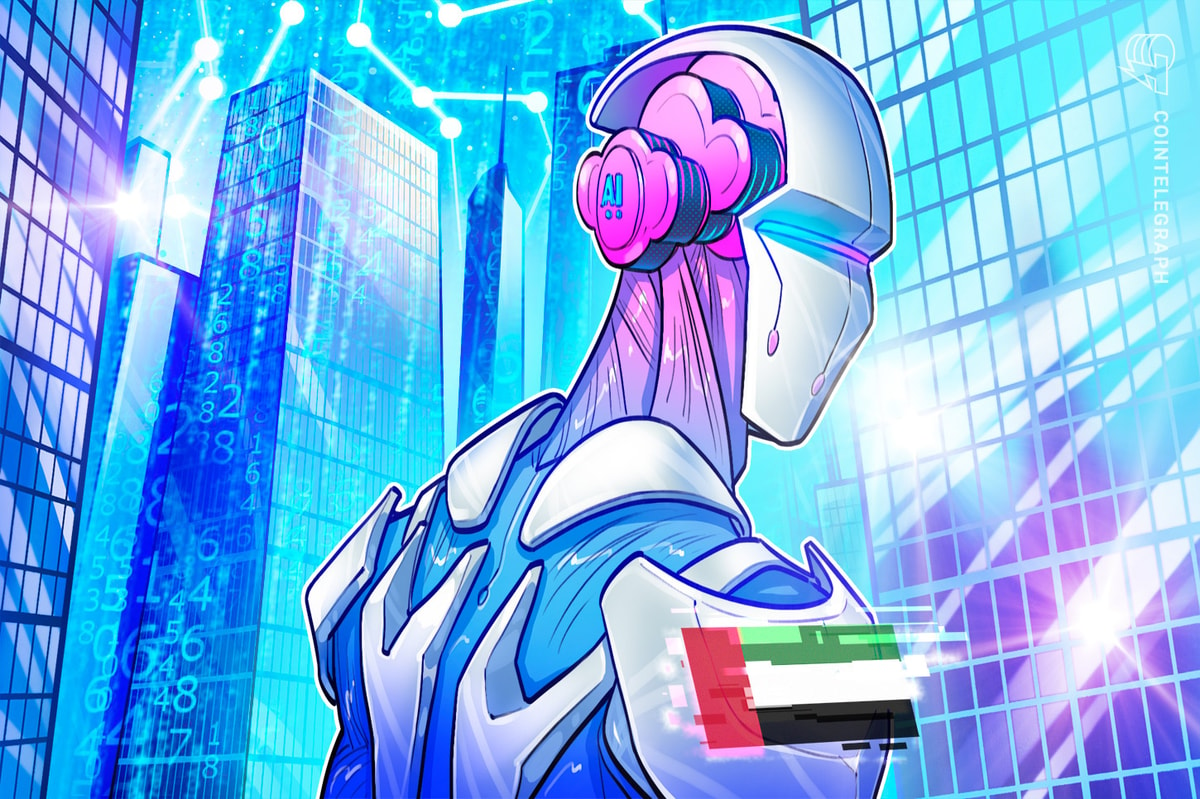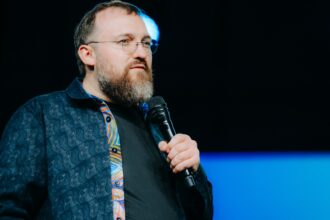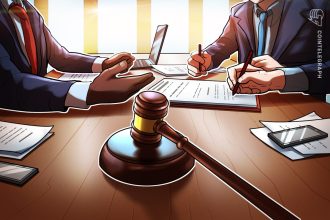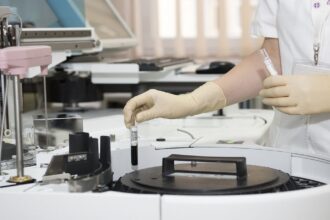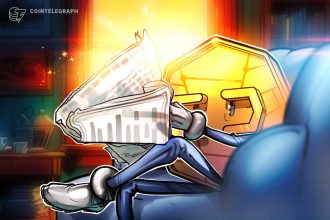Layer-1 blockchain peaq and the Pulsar Group have established a dedicated Machine Economy Free Zone in Dubai, United Arab Emirates. The initiative aims to explore integrating robotics and artificial intelligence into a decentralized economy.
The Machine Economy Free Zone combines regulation, infrastructure, and investment to advance machine economy-specific decentralized applications and use cases.
This controlled environment is designed for developers, businesses, and government stakeholders to test and develop applications such as decentralized physical infrastructure (DePIN) networks.
Max Thake, co-founder of peaq, stated the free zone represents a “human-centric economy where autonomous robots, machines and devices create value, earn and trade.” He noted it specifically attracts builders in the DePIN and machine economy sectors, unlike more general economic zones.
The free zone operates through a partnership with Pulsar Group, an Abu Dhabi-based tech and digital economy advisory firm.
Thake highlighted DePIN projects developed with Emirati enterprises, including community-powered air quality monitoring via wearable devices, hyperlocal weather forecasting, community virtual power plants, and smartphone-based noise pollution measurement.
Decentralized Physical Infrastructure Networks (DePINs), once niche blockchain applications, are gaining significant attention. According to the World Economic Forum, this market could reach $3.5 trillion by 2028.
The rise of RWA tokenization in the UAE
The UAE sandbox facilitates extensive development and testing for machine tokenization applications, as explained by Thake. These systems reward tokenholders with revenue shares from specific machine activities.
“Let’s take an autonomous robo-cafe, for example. The cafe sells coffee, processing transactions digitally, and can report this data on chain for transparency. Tokenizing it could mean rewarding tokenholders for each cup the robot sells.”
Tokenization also supports the free zone’s Universal Basic Ownership (UBO) system, which aims to distribute wealth generated by robots and AI systems to displaced individuals.
Thake described the UAE location as ideal for testing these concepts.
The UAE acts as a key hub for tokenization. Dubai’s Virtual Asset Regulatory Authority (VARA) has updated its framework for real-world asset (RWA) tokenization.
This has fueled rapid growth in tokenized asset activity, exemplified by billions in blockchain-based real estate transactions in Dubai.
Notably, the Dubai Land Department, the Dubai Future Foundation, and the Central Bank of the UAE recently launched the region’s first licensed tokenized real estate project.
Subscription Form: Crypto Biz Newsletter


